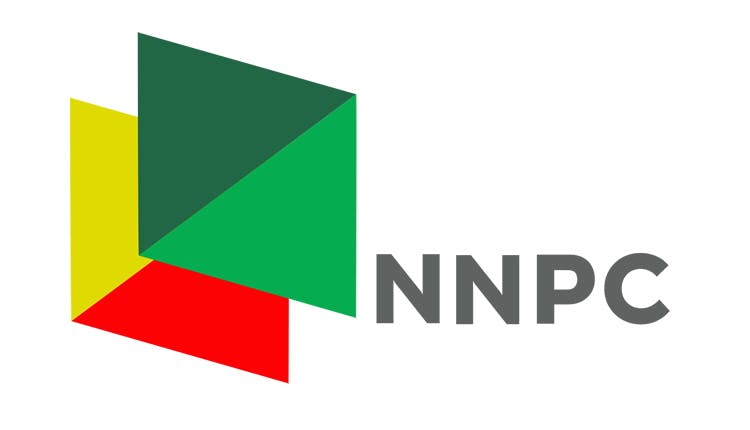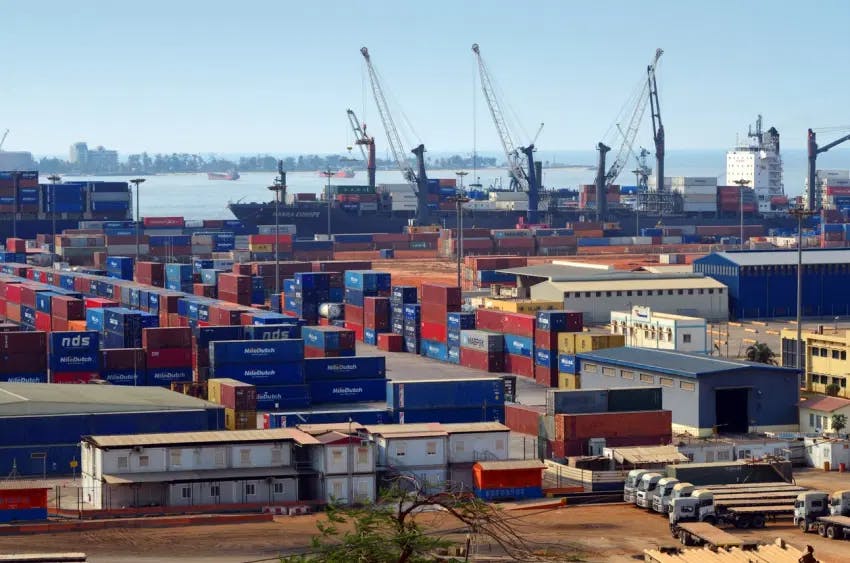NNPC: Security Costs Are Driving Up Crude Production Expenses
NNPC: Security Costs Are Driving Up Crude Production Expenses

Bayo Ojulari, the Group Chief Executive Officer of the Nigerian National Petroleum Company Limited, has linked Nigeria's high costs of oil production to significant investments made in securing crude oil pipelines in the Niger Delta area.
In an interview with Bloomberg during the 9th Organisation of Petroleum Exporting Countries International Seminar in Vienna on Thursday, Ojulari revealed that the cost of producing crude oil in Nigeria has risen to about $30 per barrel, which is more than twice the global average.
This figure is 200% higher than Saudi Arabia's production cost of $10 per barrel. According to our correspondent, if crude oil is priced at an average of $70 per barrel, producers could be spending nearly 50% of that amount on production.
Ojulari explained, “Crude production costs can be broken down into two main categories: capital costs and operating costs. Currently, Nigeria's operating costs exceed $20 per barrel, which is quite substantial. One reason for this increase is the investments made to secure our pipelines, which are now operating with full availability. This resulted from a considerable investment.
We believe that over time, as stability returns, these costs will decline, but for the moment, they range between $25 and $30 per barrel.”
Nonetheless, this updated figure is lower than the $40 per barrel estimation provided by the Nigerian Upstream Petroleum Regulatory Commission earlier this year.
The NNPC CEO outlined that the government had to revamp the security measures for crude infrastructure by collaborating with governmental organizations and local community surveillance groups to protect vital oil infrastructure.
Ojulari emphasized that the new strategy, which replaced the previous reliance on police enforcement, has led to more reliable outcomes in ensuring pipeline safety.
He noted, "I can confidently assure you about the security of our pipelines because we’ve made significant progress. This wasn’t something that happened overnight; it took years to align government policies. Now, government security agencies are working together with local surveillance groups from the communities, which fosters sustainability and creates job opportunities.
What we have established now is more sustainable. Previously, the focus was largely on policing, and it became evident that policing alone wouldn’t suffice. We needed to develop a stable means of livelihood and interdependence with the community. Thus, my confidence is strengthened by the fact that today's security relies heavily on community involvement, which is a significant improvement from the past. I feel quite hopeful.”
The NNPC leader also responded to inquiries regarding crude supply to the Dangote Refinery. He mentioned that the company will not be obliged to purchase local crude due to government regulations, emphasizing that all transactions will remain commercial.
Related Articles

Fintech platform cautions customers to be wary of fraudsters antics

Incessant system failures hampering port operations — Customs agents

